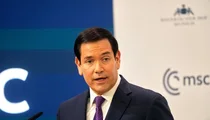Qeveria gjermane miraton pr/buxhetin 2026 - Trefishohet huamarrja. Investime rekord për mbrojtjen dhe infrastrukturën

Kabineti gjerman miratoi një projektbuxhet të vitit 2026 që përmban investime rekord dhe tre herë më shumë huamarrje se vitin e kaluar. Ekonomia më e madhe e Evropës po hedh poshtë dekada konservatorizmi fiskal në një përpjekje për të ringjallur rritjen, modernizuar infrastrukturën në rënie dhe për të rritur shpenzimet ushtarake.
Qeveria do të marrë hua 174.3 miliardë euro në vitin 2026, krahasuar me 50.5 miliardë euro në vitin 2024, ndërsa investimet do të arrijnë 126.7 miliardë euro, shifra më e lartë ndonjëherë.
Në projektligjin e buxhetit, të gjitha ministrive u kërkohet të kufizojnë dhë kontrollojnë me kujdes shpenzimet. Kostot e interesit do të rriten në 66.5 miliardë euro në vitin 2029, krahasuar me 61.9 miliardë që parashikohej më parë.
Projektbuxheti i vitit 2026, pjesë e një kuadri financiar afatmesëm që shtrihet deri në vitin 2029, ndan shpenzime totale prej 520.5 miliardë eurosh. Investimet e planifikuara shënojnë një rritje prej 10% krahasuar me vitin 2025 dhe pasojnë një rritje prej 55% krahasuar me vitin 2024.
Pavarësisht borxhit të ri total të planifikuar prej 851 miliardë eurosh në periudhën nga viti 2025 deri në vitin 2029, ende ekziston një deficit prej rreth 172 miliardë eurosh për vitet 2027 deri në vitin 2029.
Rritja e investimeve mbështetet nga një fond infrastrukturor prej 500 miliardë eurosh dhe një përjashtim nga rregullat e borxhit për shpenzimet e mbrojtjes që u miratuan në mars. Fondi për infrastrukturën, i cili përjashtohet nga "frena e borxhit, do të shtojë huamarrje prej 58.9 miliardë eurosh në vitin 2026.
Gjermania planifikon 117.2 miliardë euro shpenzime për mbrojtjen në vitin 2026, një shumë që do të shkojë deri në 161.8 miliardë euro në 2029, sipas planit fiskal afatmesëm. Berlini do të jetë në gjendje të marrë hua gjithsej 380 miliardë euro për mbrojtjen midis viteve 2025 dhe 2029 falë reformës së frenës së borxhit. Pas miratimit të kabinetit, diskutimet për buxhetin do të fillojnë në parlament në fund të shtatorit, me miratimin përfundimtar që pritet deri në fund të vitit.
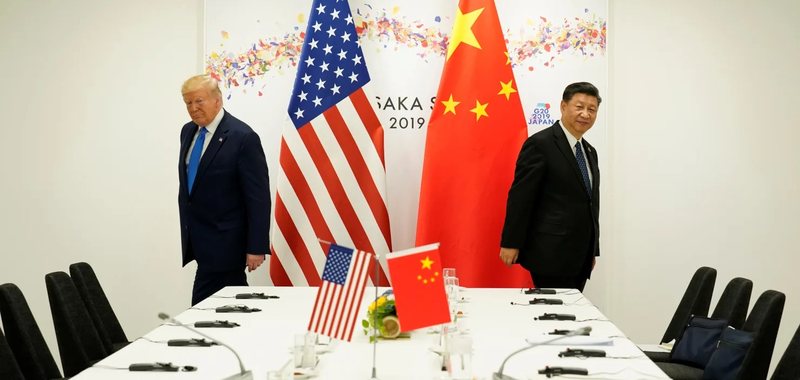
SHBA po humb garën kundër Kinës? - Analiza/ Politikat e Trump po thellojnë diferencën midis superfuqive
Shtetet e Bashkuara po e humbasin garën me Kinën. Ky nuk është një përfundim që shumë do ta kishin nxjerrë gjashtë muaj më parë, por tani duket i......
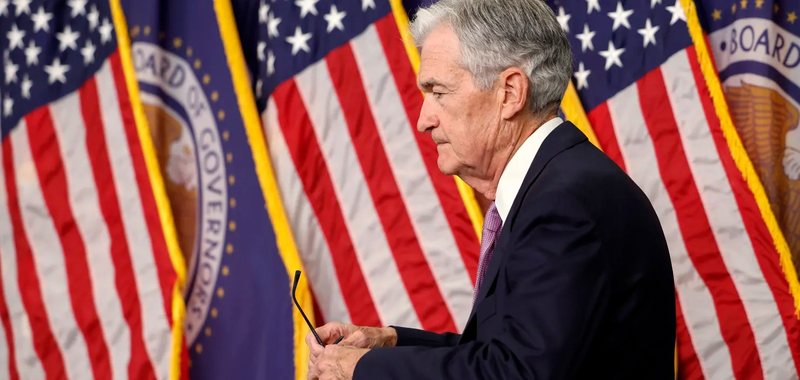
Fed nuk i “nënshtrohet” Trump - I mban normat e interesit të pandryshuara, pavarësisht presionit politik
Rezerva Federale i mbajti normat e interesit të qëndrueshme dhe nuk ofroi shumë të dhëna se kur mund të ulen kostot e huamarrjes. Vendimi shkaktoi mospajtime......
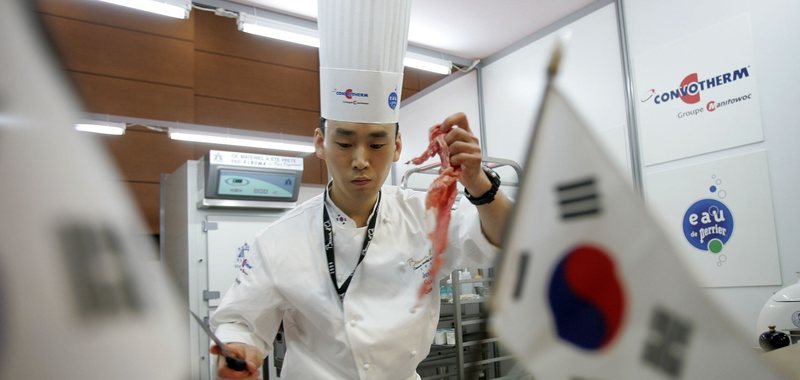
SHBA vendos tarifa 15% për Korenë e Jugut - Marrëveshja tregtare përfshin 350 miliardë dollarë investime në SHBA
Presidenti i SHBA-së, Donald Trump, njoftoi se Uashingtoni kishte arritur një marrëveshje tregtare "të plotë" me Korenë e Jugut, duke vendosur tarifa të......
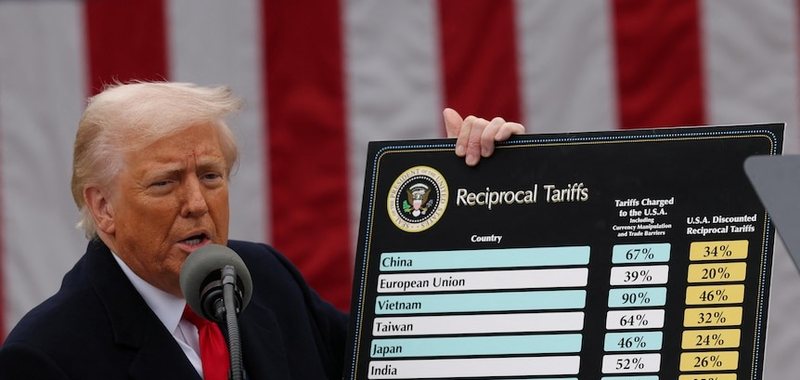
Tarifat e Trump favorizojnë Kanadanë dhe Meksikën - Prodhuesit amerikanë të çokollatës përballen me kosto më të larta se fqinjët
Tarifat tregtare të Presidentit të SHBA-së, Donald Trump, synojnë të nxisin prodhimin vendas. Por në industrinë e çokollatës, ato po bëjnë të kundërtën: po......

Si është mbyllur ky muaj për valutat kryesore?
Dollari amerikan është blerë këtë të enjte me 84 lekë dhe është shitur me 85.5 lekë duke e mbyllur muajin në rritje sipas kursit të këmbimit lokal. Monedha......
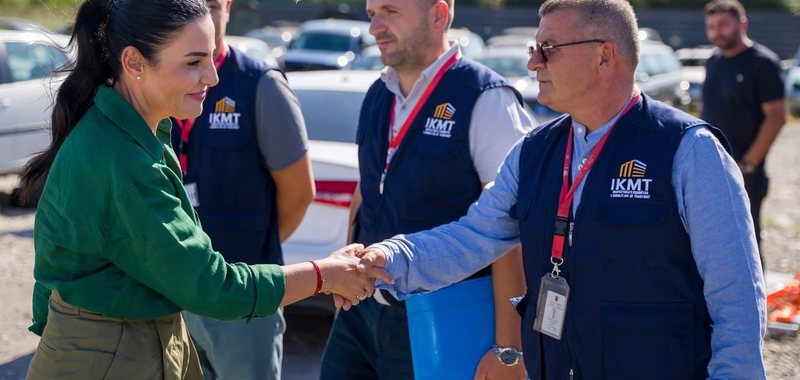
Balluku: Nesër afati i fundit për bizneset që të zhvendosen nga hapësirat që kanë zaptuar pranë akseve kombëtare
Data 31 korrik është afati i fundit për të gjitha subjektet tregtare të vendosura pranë akseve kombëtare që të zhvendosen vetë nga hapësira që kanë zaptuar......
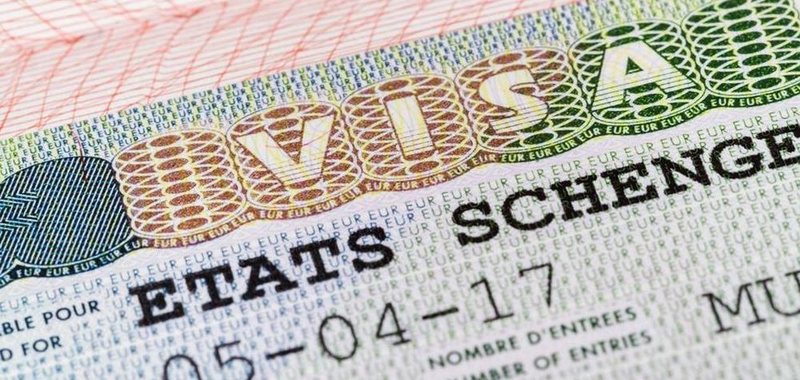
BE: Nga 12 tetori rregulla të reja udhëtimi në zonën Schengen - Ndryshimet prekin 60 vende, përfshirë edhe Ballkanin Perëndimor
Bashkimi Evropian njoftoi se sistemi i ri i kontrollit kufitar për shtetasit që nuk janë nga blloku evropian, që i jep fund vendosjes së vulave në pasaporta,......
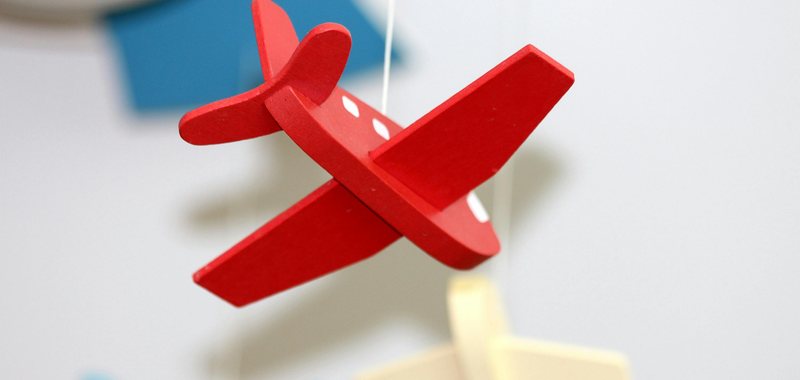
Fluksi turistik, rekord pasagjerësh në linjat ajrore/ Numri i fluturimeve në gjysmën e parë të vitit arrin në 31 mijë
Sipas të dhënave më të fundit të “Institutit të Statistikave”, në gjysmën e parë të vitit, në hapësirën ajrore shqiptare kanë fluturuar gjithsej rreth 175......









